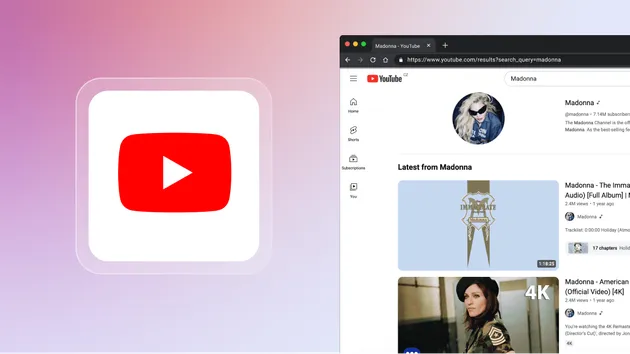🔥YouTube Video Heatmap Scraper 🔍
Pricing
$5.00/month + usage
🔥YouTube Video Heatmap Scraper 🔍
🔥Extract viewer engagement hotspots from any YouTube video! 🎥 🕒 2.48-second segments with 0-1 intensity scores 🌡️ Spot peak moments & drop-offs instantly 📈 Export-ready for charts, AI, or competitor analysis 🚀 Lightning-fast scraping, no API keys needed. 🔥YouTube Video Heatmap Scraper 🔍
0.0 (0)
Pricing
$5.00/month + usage
0
16
6
Last modified
3 months ago



